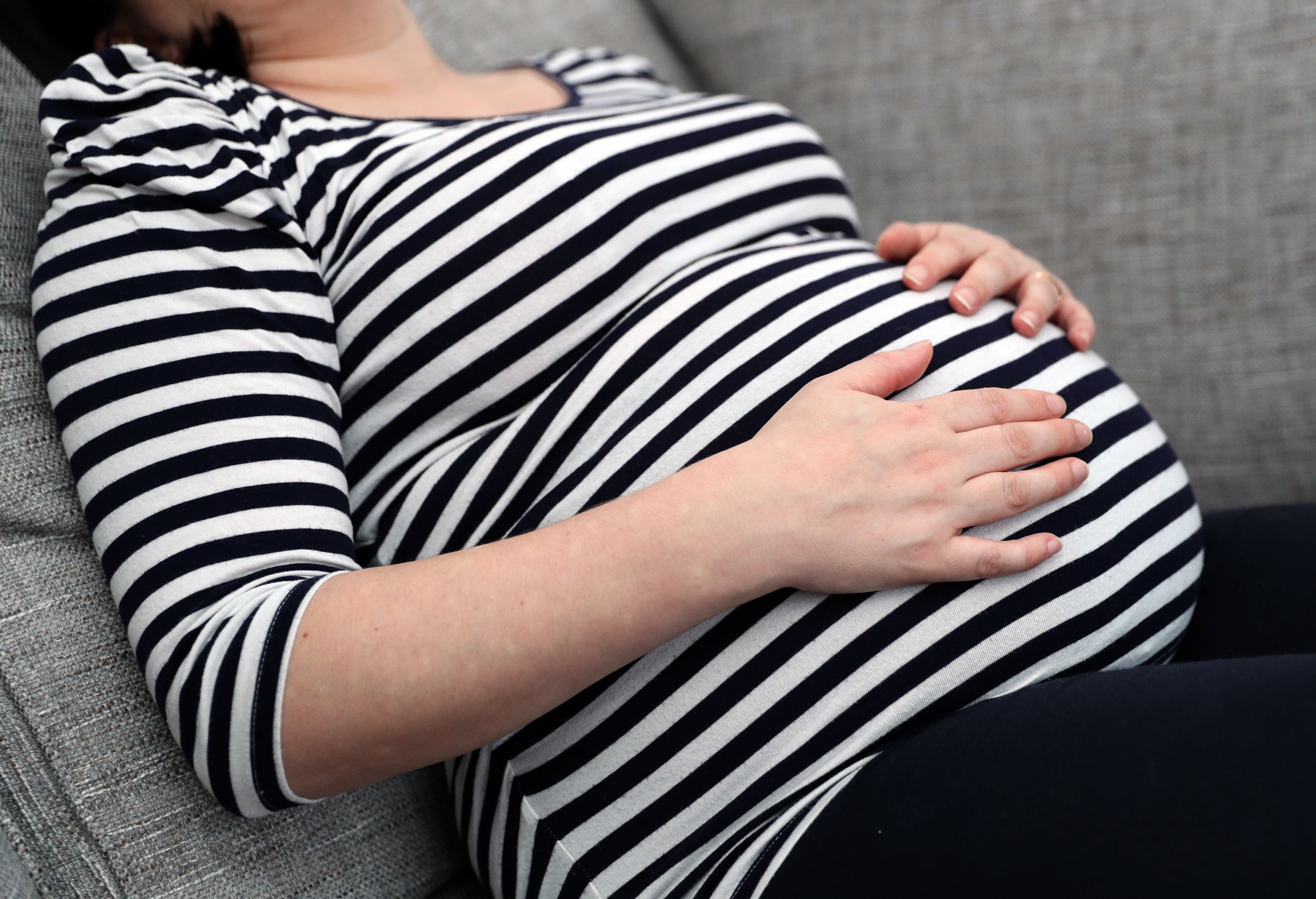Covid-19: Experts increasingly concerned about understaffed maternity care
The Royal College of Obstetricians and Gynaecologists (RCOG) has called for the Government to re-consider introducing regulations on vaccination.

Your support helps us to tell the story
From reproductive rights to climate change to Big Tech, The Independent is on the ground when the story is developing. Whether it's investigating the financials of Elon Musk's pro-Trump PAC or producing our latest documentary, 'The A Word', which shines a light on the American women fighting for reproductive rights, we know how important it is to parse out the facts from the messaging.
At such a critical moment in US history, we need reporters on the ground. Your donation allows us to keep sending journalists to speak to both sides of the story.
The Independent is trusted by Americans across the entire political spectrum. And unlike many other quality news outlets, we choose not to lock Americans out of our reporting and analysis with paywalls. We believe quality journalism should be available to everyone, paid for by those who can afford it.
Your support makes all the difference.Experts are “increasingly concerned” with the high level of risk of understaffed maternity care due to unvaccinated staff.
The Royal College of Obstetricians and Gynaecologists (RCOG) has called for the Government to reconsider introducing regulations on mandatory coronavirus vaccination due to the impact of staff shortages on pregnant mothers.
Frontline staff in the NHS and registered social care settings, except care homes where the rules are already in place, must have their first vaccine doses by February 3 if they are to continue in their roles from April, unless they are exempt.
The RCOG estimates a shortfall of around 500 doctors and 2,000 midwives, even before the coronavirus pandemic.
It has encouraged all members and anyone working in maternity care and the NHS to get vaccinated against Covid-19.
New figures from NHS England show that 127,515 NHS and domiciliary care staff working in registered settings still have not had a first dose of a Covid-19 vaccine.
Dr Edward Morris, president of the RCOG, said: “Vaccination is by far the best way to protect themselves and the patients they care for, and to reduce the impact of staff absence and the disruption to services this causes.
“However we are increasingly concerned about the risk to safe staffing of maternity services that the new regulations being introduced on mandatory vaccination will cause, an issue which has been highlighted by our colleagues in the Royal College of Midwives. Maternity services require specialist staff whose skill cannot be replicated elsewhere in the NHS.
“The risk of doctors, midwives or maternity support workers being dismissed from frontline roles in maternity because they are unvaccinated creates a far greater risk to maternity services’ ability to deliver safe, high-quality care for women.
“We ask that the Government r-considers introducing this policy at this time because of the impact on the safe delivery of maternity services.
“A delay would allow more time to help maternity staff with concerns or hesitancies feel more confident about having the vaccine.”